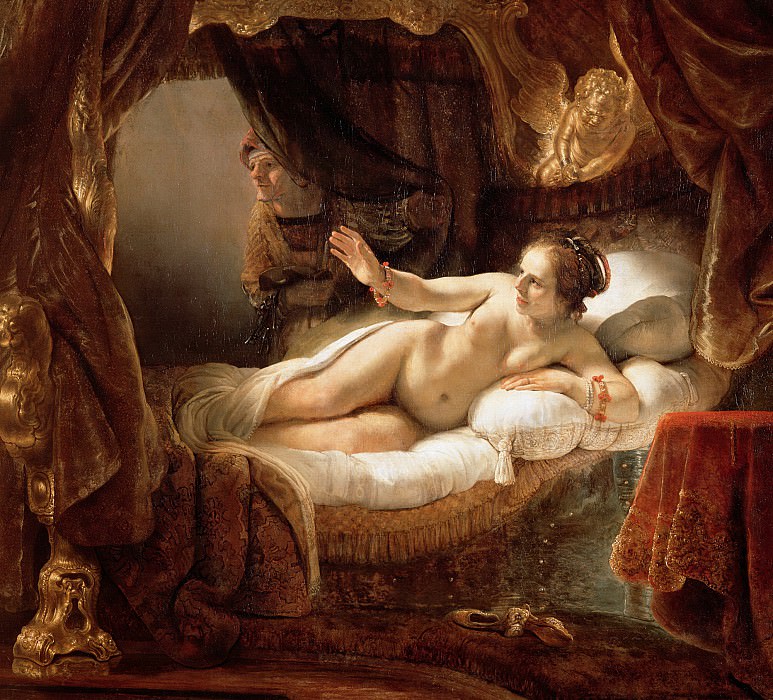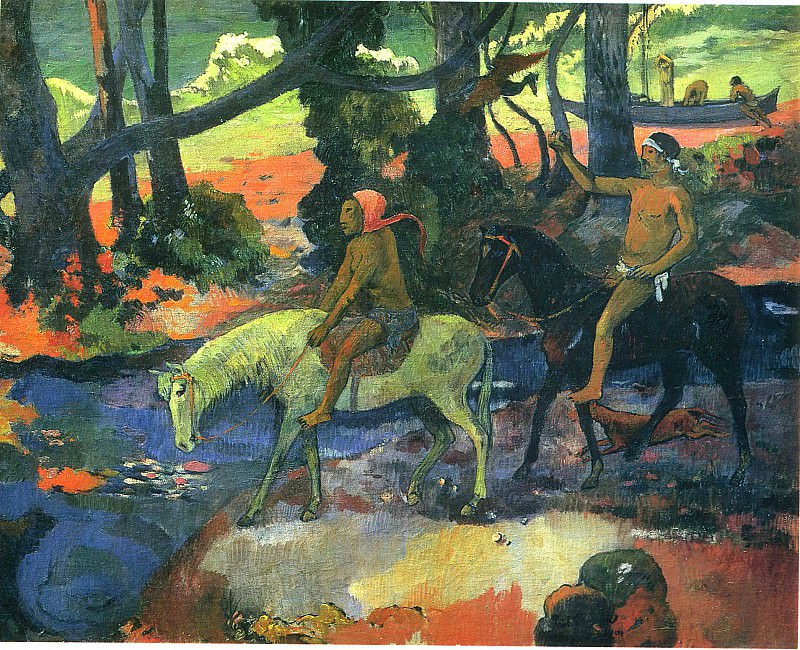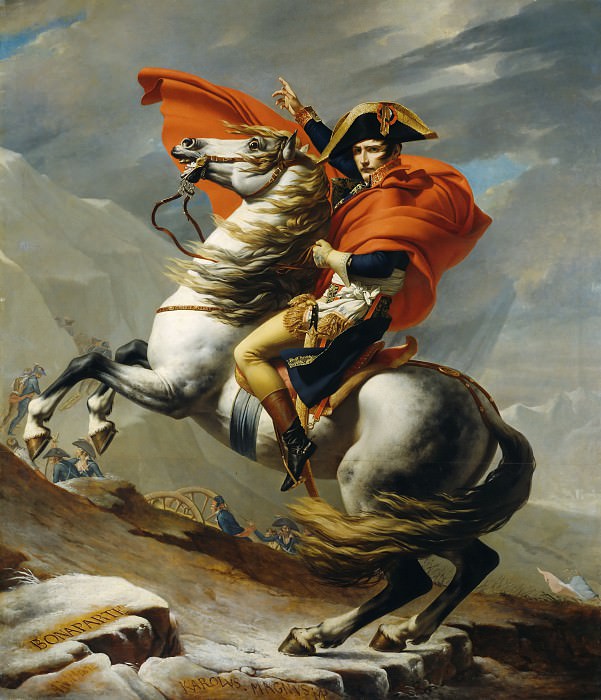The Art of JC Leyendecker
Introduction
Joseph Christian Leyendecker, known widely as JC Leyendecker, was a preeminent American illustrator who left an indelible mark on the world of commercial art. Born on March 23, 1874, in Montabaur, Germany, Leyendecker immigrated to the United States with his family in 1882. Over his prolific career, Leyendecker became renowned for his unique style, characterized by precise brushwork, dynamic compositions, and a keen eye for detail. His work spanned advertisements, magazine covers, and other forms of commercial art, influencing generations of artists and shaping visual culture in the early 20th century.
Early Life and Training
JC Leyendecker's artistic talent was evident from a young age. After settling in Chicago, he apprenticed at the engraving firm J. Manz & Co., where he honed his skills and developed a strong foundation in drawing and design. In 1896, Leyendecker, along with his brother Frank, attended the Académie Julian in Paris. The brothers studied under renowned artists and immersed themselves in the vibrant art scene of the city, which profoundly influenced their artistic development.
Breakthrough and Style
Leyendecker's breakthrough came with his work for Collier's Weekly, where his cover illustrations began to gain widespread attention. His style was distinguished by its meticulous craftsmanship and innovative use of light and shadow, often highlighting the musculature and form of his subjects. This attention to detail and ability to capture the essence of his characters quickly set him apart from his contemporaries.
Leyendecker's art was deeply influenced by the Art Nouveau movement, which emphasized decorative, flowing lines and stylized forms. He masterfully integrated these elements into his work, creating visually striking compositions that were both elegant and dynamic. His ability to blend traditional techniques with modern aesthetics made his illustrations stand out in the competitive field of commercial art.
The Arrow Collar Man
One of Leyendecker's most iconic contributions to advertising was the creation of the Arrow Collar Man. This series of advertisements for Arrow shirts and collars featured handsome, impeccably dressed men who exuded confidence and sophistication. The Arrow Collar Man became a cultural phenomenon, symbolizing the ideal American male of the early 20th century. Leyendecker's ability to create aspirational images that resonated with the public played a significant role in the success of the campaign.
The Arrow Collar Man not only boosted sales for the brand but also cemented Leyendecker's reputation as a leading illustrator. His collaboration with Arrow spanned over two decades, during which he created hundreds of illustrations that defined the brand's image and set a new standard for advertising art.
Magazine Covers and Commercial Success
Leyendecker's talent was not limited to advertising; he was also a prolific magazine cover artist. His work for The Saturday Evening Post, one of America's most popular publications, made him a household name. Leyendecker's covers for the magazine were highly anticipated, often coinciding with holidays and special occasions. He created over 300 covers for The Saturday Evening Post, more than any other artist in the magazine's history.
Each cover was a masterpiece in its own right, showcasing Leyendecker's ability to capture the spirit of the times. Whether it was a festive Christmas scene, a patriotic image for Independence Day, or a humorous take on everyday life, Leyendecker's covers resonated with readers and reflected the changing social and cultural landscape of America.
Legacy and Influence
JC Leyendecker's influence on the world of illustration and commercial art is immeasurable. His innovative techniques, attention to detail, and ability to create compelling narratives through his art set a new standard for the industry. Leyendecker's work paved the way for future generations of illustrators, including Norman Rockwell, who openly acknowledged Leyendecker's impact on his own career.
Leyendecker's legacy extends beyond his artistic contributions; he also played a crucial role in shaping the public's perception of modern advertising and illustration. His ability to create aspirational images that connected with consumers on an emotional level revolutionized the way brands communicated with their audiences.
Personal Life and Later Years
Despite his professional success, Leyendecker was a private individual who kept much of his personal life out of the public eye. He shared his home with his brother Frank and his long-time partner, Charles Beach, who served as the primary model for many of his iconic illustrations, including the Arrow Collar Man. The trio lived together in New Rochelle, New York, where Leyendecker continued to work until his death.
In his later years, Leyendecker's style began to evolve, reflecting changes in both his personal life and the broader art world. While his earlier work was characterized by its precision and formality, his later illustrations exhibited a looser, more relaxed approach. This shift was partly influenced by the changing tastes of the public and the emergence of new artistic movements, such as Modernism.
Leyendecker continued to create art until his death on July 25, 1951. His contributions to the field of illustration and commercial art have left an enduring legacy, inspiring countless artists and continuing to captivate audiences with their timeless beauty and elegance.
Conclusion
JC Leyendecker's art represents a unique fusion of technical skill, creative vision, and cultural insight. His ability to capture the essence of his subjects and create images that resonated with the public made him one of the most influential illustrators of his time. Leyendecker's work continues to be celebrated for its artistic excellence and its impact on the world of commercial art. His legacy lives on through the countless artists he inspired and the timeless beauty of his illustrations, which remain as captivating today as they were a century ago.




